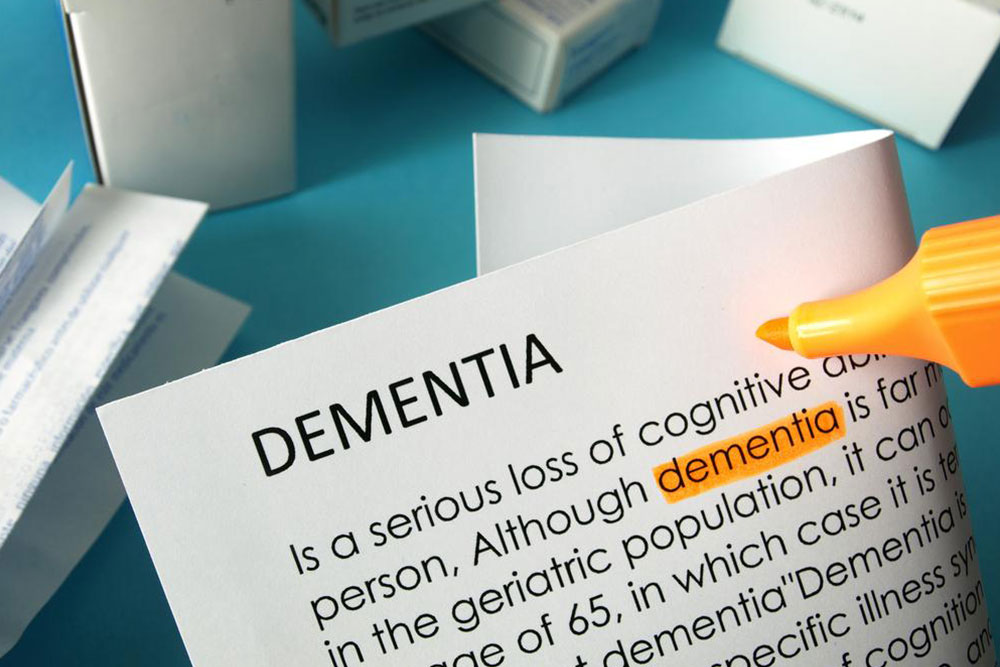Recognizing the Early Signs of Alzheimer's Disease
This article explores the early signs of Alzheimer's disease, including cognitive, behavioral, and physical symptoms. Recognizing these early indicators is vital for timely diagnosis and effective management. Key signs such as forgetfulness, mood swings, disorientation, and physical control issues can help caregivers and individuals identify the condition early. Consulting healthcare professionals for proper assessment can significantly improve treatment outcomes and quality of life for affected individuals.

Recognizing the Early Signs of Alzheimer's Disease
Alzheimer's disease is a progressive neurological disorder that primarily affects memory and cognitive function. It results from disrupted brain and nerve activities, leading to mental and physical changes. Individuals may experience mood swings, behavioral shifts, restlessness, and loss of appetite. These symptoms reflect both mental decline and physical health impact, affecting spiritual and social well-being as well. Early identification through careful observation is crucial for effective management. Symptoms include forgetfulness, confusion, difficulty understanding, disorientation, and difficulty concentrating or recognizing familiar faces. Prompt diagnosis and medical consultation are essential for better treatment outcomes.
Common early symptoms include behavioral changes, such as mood swings and irritability, as well as cognitive issues like forgetfulness of recent events and disorientation. Patients may struggle with simple calculations, lose track of daily routines, and have difficulty recognizing familiar people. Physical signs may include decreased muscle control and diminished speech clarity. Behavioral symptoms also involve increased anxiety, agitation, repetitive speech, and wandering. Emotional fluctuations like depression, anger, and loneliness are prevalent. Observing these signs early and seeking medical advice can help in managing the condition effectively. The severity of symptoms indicates the progression of the disease.
Important Signs to Watch For: Changes in daily behavior, physical coordination, speech, and mood are key indicators of Alzheimer's. Physical restlessness, loss of appetite, and impaired movement are common. Behavioral issues such as anxiety, repetitive behaviors, and getting lost are significant. Mood swings, depression, and social withdrawal further highlight disease advancement. Early detection through careful monitoring is vital for timely intervention and care planning.
Physical and Emotional Changes: Gradual physical decline manifests as muscle control issues and reduced physical activity. Emotional symptoms include increased agitation, mood swings, and withdrawal from social interactions. Recognizing these signs early helps in establishing appropriate treatment strategies. Family members and caregivers should stay vigilant for any behavioral shifts to ensure the patient receives necessary medical support.










